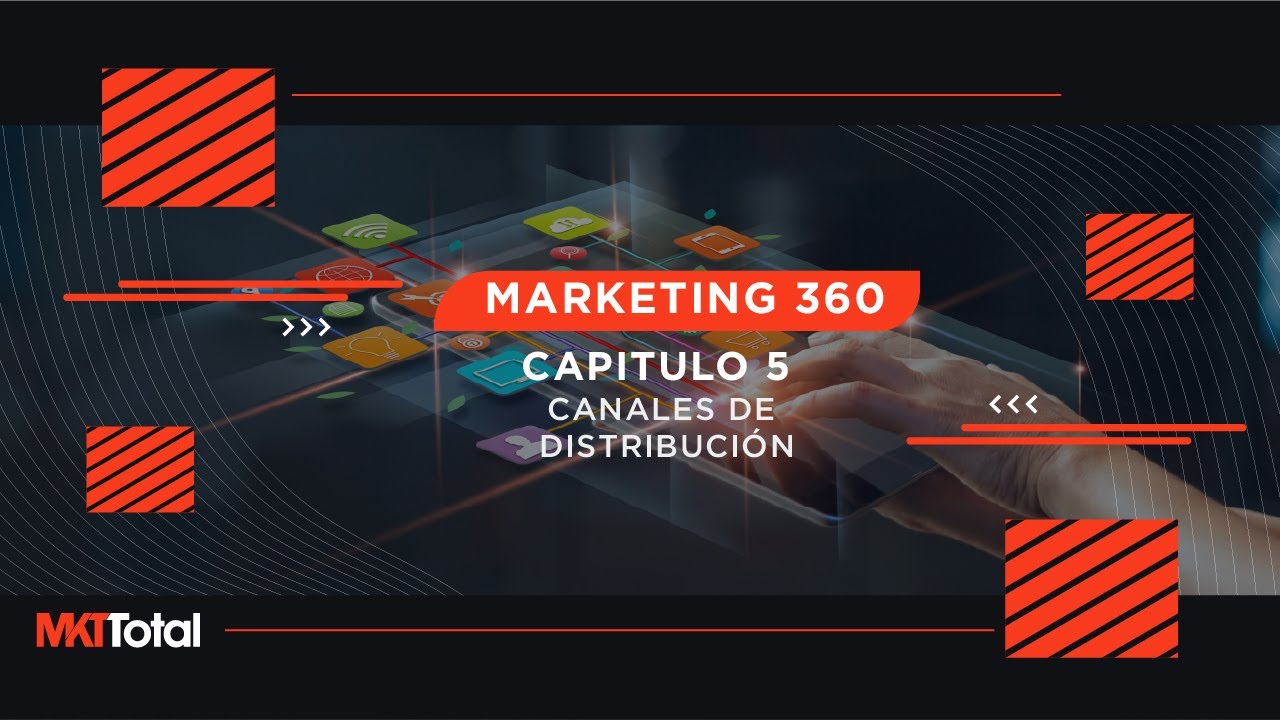Tugas Pengantar Bisnis Kelas F Kel 4 Bab 13 "Mendistribusikan dan Mempromosikan produk"
Summary
TLDRThis presentation covers the key elements of business distribution and promotion strategies, focusing on different distribution channels such as direct, retail, wholesale, and agent-based methods. It explores various distribution strategies, including intensive, exclusive, and selective distribution. The discussion also delves into wholesale trade, retail types, and e-commerce platforms. Additionally, it emphasizes the importance of physical distribution, warehousing, and transportation, along with promotional techniques like advertising, personal selling, and sales promotions. The content offers a comprehensive overview of how effective distribution and promotion drive business success.
Takeaways
- 😀 Distribution mix combines various channels to deliver products from producers to consumers, with intermediaries playing a key role.
- 😀 Direct distribution involves sending products straight from the producer to the consumer without any intermediary.
- 😀 Retail distribution involves products being sold by retailers who purchase directly from producers and resell to consumers.
- 😀 Wholesale distribution involves bulk purchases by wholesalers, who sell to retailers or other businesses.
- 😀 Agent/broker distribution uses intermediaries to connect producers with consumers, especially for products like real estate.
- 😀 Indirect distribution channels increase product prices due to added markups but provide added value through convenience and availability.
- 😀 Intensive distribution aims to make products available through as many outlets as possible, maximizing reach.
- 😀 Exclusive distribution is used for high-end, luxury products, offering exclusive rights to a few retailers in specific locations.
- 😀 Selective distribution focuses on selling through a limited number of retailers who provide special attention to the product.
- 😀 Retailers can be classified into conventional retailers (department stores, discount stores) and non-store retailers (e-commerce, electronic catalogs).
Q & A
What is the primary purpose of distribution channels in marketing?
-The primary purpose of distribution channels is to effectively deliver products from the producer to the end consumer, ensuring that the products are available where and when customers need them.
What are the four main types of distribution channels discussed in the presentation?
-The four main types of distribution channels discussed are direct distribution (from producer to consumer), retail distribution (through retailers), wholesale distribution (through wholesalers to retailers), and agent/broker distribution (using intermediaries like agents or brokers).
What is the difference between direct and indirect distribution?
-Direct distribution involves the product being delivered directly from the producer to the consumer without any intermediaries, while indirect distribution involves intermediaries like retailers or wholesalers who facilitate the transfer of products to consumers.
Why is indirect distribution typically more expensive than direct distribution?
-Indirect distribution is usually more expensive because each intermediary involved in the channel adds costs such as markup or commission, which ultimately increases the price of the product.
What are the key factors to consider when choosing a distribution strategy?
-When choosing a distribution strategy, businesses need to consider factors such as the target market, product type, costs, reach, and the level of control required over the distribution process.
What are the differences between intensive, exclusive, and selective distribution strategies?
-Intensive distribution aims to place products in as many outlets as possible, exclusive distribution limits product availability to specific outlets or retailers, often for high-end or prestigious products, and selective distribution involves choosing specific retailers or wholesalers who can give the product special attention.
What are the advantages and disadvantages of using agents or brokers in the distribution process?
-Agents and brokers help connect producers with consumers but do not own the product. They are useful for reaching specific markets, especially in high-value goods like real estate. However, their reliance on commissions can result in higher costs for the producer, and they might not provide as much control over the customer experience.
What are the key components of physical distribution?
-Physical distribution involves warehousing (storing goods), transportation (delivering goods to consumers), and ensuring that products are available when and where customers need them, while maintaining cost efficiency.
What role do online retailers play in the distribution process?
-Online retailers like Amazon act as intermediaries in the distribution process, allowing consumers to buy products over the internet. They provide a convenient, often global, platform for products to reach consumers directly without the need for traditional brick-and-mortar stores.
What are the different promotional strategies mentioned in the presentation?
-The presentation outlines two primary promotional strategies: the push strategy, where products are promoted through intermediaries (e.g., retail ads), and the pull strategy, where consumer demand is generated through marketing efforts like social media and content marketing.
Outlines

This section is available to paid users only. Please upgrade to access this part.
Upgrade NowMindmap

This section is available to paid users only. Please upgrade to access this part.
Upgrade NowKeywords

This section is available to paid users only. Please upgrade to access this part.
Upgrade NowHighlights

This section is available to paid users only. Please upgrade to access this part.
Upgrade NowTranscripts

This section is available to paid users only. Please upgrade to access this part.
Upgrade Now5.0 / 5 (0 votes)





